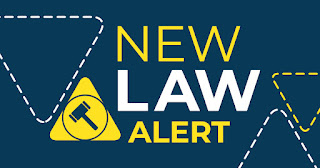Andrew Lieb advises why and what you should consider when you are negotiating a quaranty on your next commercial lease.
The article was published by the Long Island Business News. HERE is a direct link to download the PDF.
Andrew Lieb advises why and what you should consider when you are negotiating a quaranty on your next commercial lease.
The article was published by the Long Island Business News. HERE is a direct link to download the PDF.
There shall be no enforcement of either an an eviction of any tenant, residential or commercial, or a foreclosure of any residential or commercial property for a period of ninety days.
